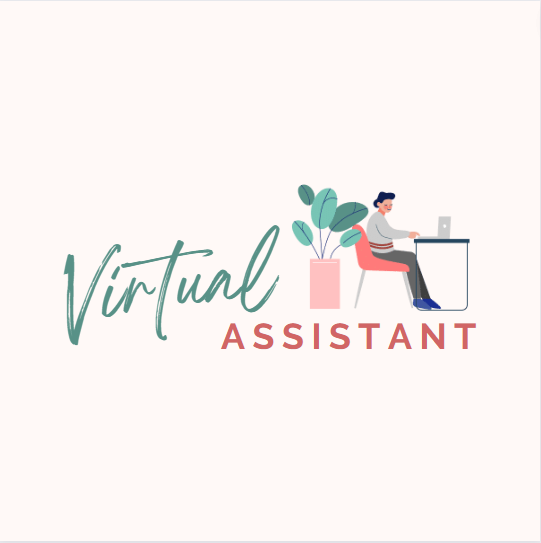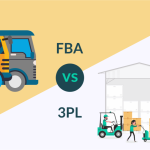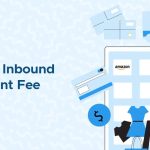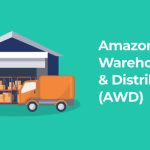
How to Source Private Label Products Without Sacrificing Quality
Sourcing private label products is a core strategy for building a scalable e-commerce brand—but poor product quality can destroy your reputation before your first 5-star review rolls in. As competition on marketplaces like Amazon intensifies, quality control isn’t optional—it’s your brand’s lifeline.
The good news? You don’t need to sacrifice product quality to protect your margins. With the right approach, you can source reliable, high-quality private label products that delight customers and differentiate your brand.
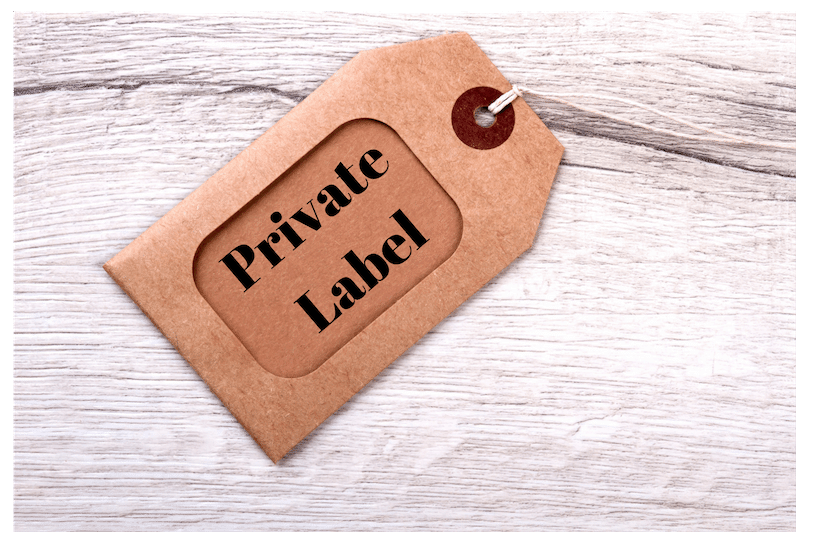
1. Know What Makes a Product “Private Label” (and Why That Matters)
A private label product is manufactured by a third party but branded and sold under your company’s name. This model offers flexibility, brand control, and higher profit margins—but only if your supplier produces consistent, retail-ready goods.
High-performing sellers don’t just look for a product they can put their logo on—they look for products that align with their brand promise, solve a specific problem, and pass quality checks before ever hitting a shelf or an Amazon FBA warehouse.
Before anything else, understand what makes a product viable:
Real demand (validated through keyword tools like Helium 10 or Jungle Scout)
Room for differentiation (product features, packaging, bundles)
Production feasibility and scalability
2. Vet Suppliers With a Quality-First Mindset
Not all suppliers are created equal. Don’t rely solely on glossy images or minimum order quantities—dig deeper.
Where to start:
Use trusted sourcing platforms like Alibaba, GlobalSources, or even U.S.-based options for faster lead times and simpler compliance.
Request product samples—never skip this step.
Evaluate communication speed, professionalism, and willingness to answer questions about materials, certifications, and production processes.
Ask for factory audit reports or third-party inspection certifications.
If you’re considering U.S.-based private label options, Shopify’s guide to sourcing locally is a great primer for balancing cost with quality and speed.
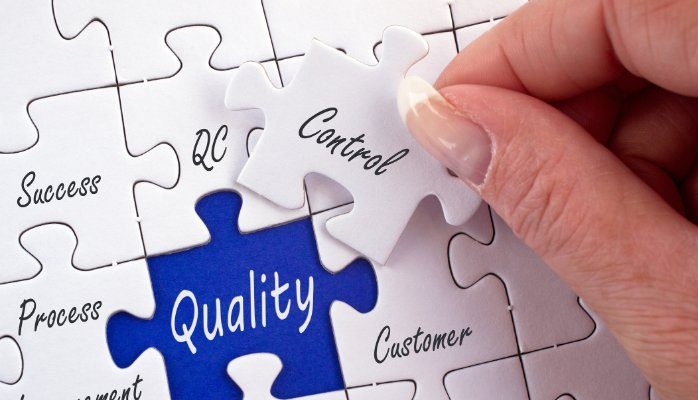
3. Build a Clear Quality Control Plan
One of the most common mistakes new private label sellers make is assuming the factory’s QA team is enough. It’s not.
Implement a structured QC plan:
Provide clear product specifications and tolerances (materials, dimensions, weight, performance)
Set expectations in writing via purchase order or supplier agreements
Use third-party inspection companies like QIMA or Intertek to conduct pre-shipment checks
Have your own checklist for common failure points—whether it’s print smudges on packaging or weak zipper seams
A single defect may seem minor, but one bad batch can lead to thousands of dollars in refunds, bad reviews, and suspended listings—especially on marketplaces with strict customer satisfaction standards like Amazon.
4. Prioritize Certifications and Compliance
Especially if you sell products in categories like toys, cosmetics, or anything consumable, certifications aren’t optional—they’re essential.
Ask your supplier for proof of:
CE, FCC, or FDA certifications depending on product category
Prop 65 compliance if shipping to California
CPSIA or ASTM standards for children’s items
Material safety data sheets (MSDS) for applicable items
If you’re new to compliance, Walmart’s compliance hub offers a strong baseline of regulatory insight applicable to both their platform and others.
Don’t forget to consult Amazon’s compliance policies for category-specific documentation and testing requirements.

5. Think Beyond the Factory Floor
Once you’ve identified a supplier and passed the initial checks, it’s time to think about the long game.
Maintain quality consistency by:
Regularly rotating third-party inspections to avoid complacency
Reviewing customer feedback and returns to catch recurring issues
Establishing clear packaging guidelines to reduce FBA damage rates
Want to take it further? Partner with a supplier who offers product innovation—not just duplication. The best factories evolve alongside you, helping iterate better packaging, sustainable materials, or product upgrades based on customer feedback.
Final Thoughts
Quality isn’t just about avoiding bad reviews—it’s about earning customer trust, repeat purchases, and the ability to scale without fear. Private label sourcing can be a brand’s secret weapon when quality is baked into the process from day one.
By staying proactive, inspecting what you expect, and choosing the right partners, you can build a private label business that’s known for consistency, reliability, and genuine value.

